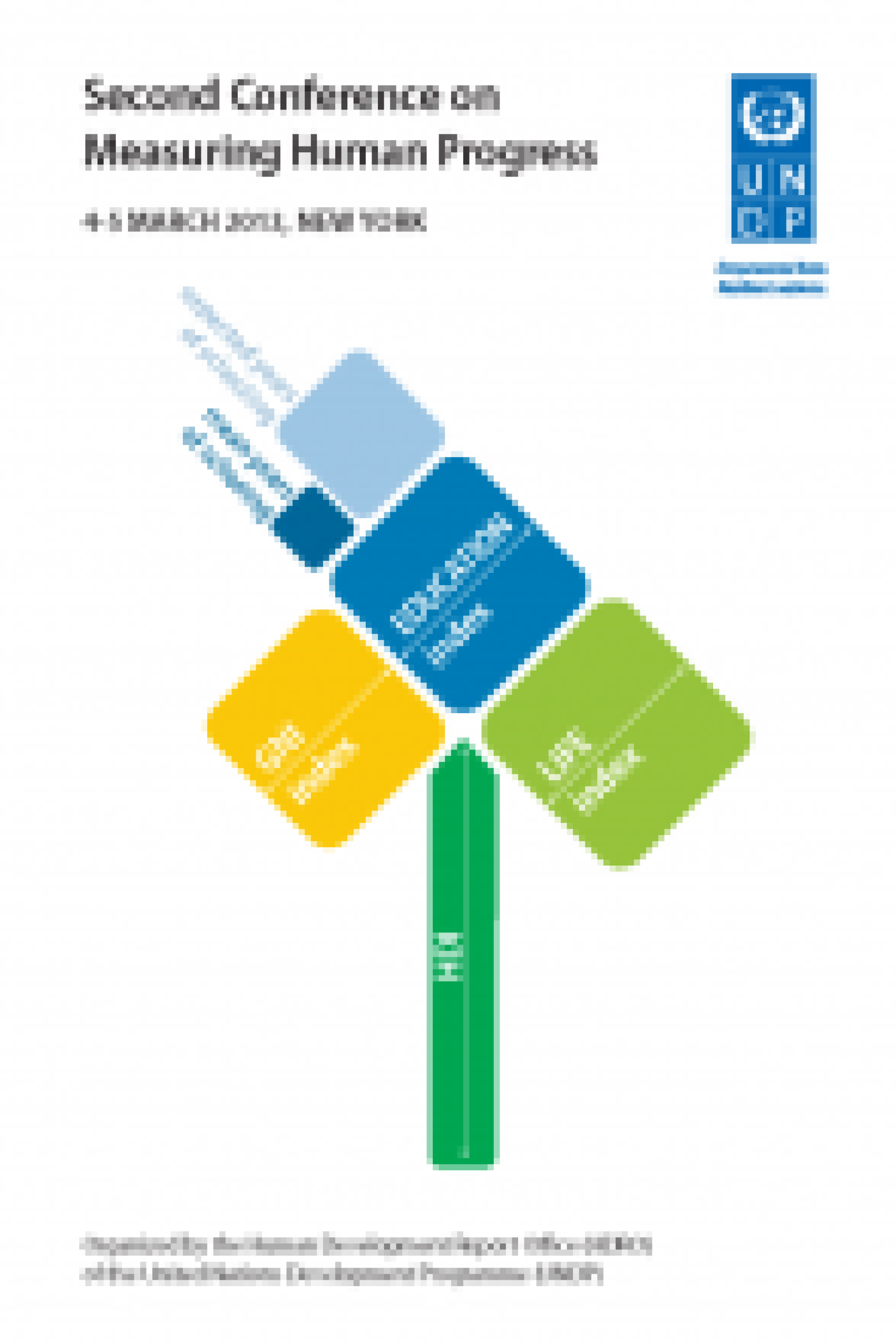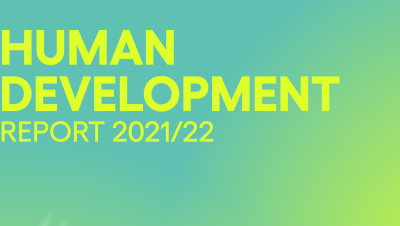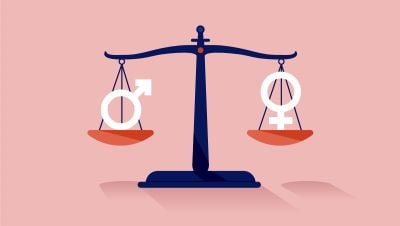The Second Conference on Measuring Human Progress, organized by the Human Development Report Office, will take place on 4–5 March as a part of an on-going initiative to strengthen the nexus between the human development concept, its measurement, and its policy impact.
The conference coincides with the fifth anniversary of the Commission on the Measurement of Economic Performance and Social Progress, established on the initiative of President Sarkozy of France in April 2008 to examine the relevance of GDP as measure of economic, environmental and social sustainability and societal well-being in general. Bringing together renowned experts from several countries, the Commission was overseen by professors Joseph E. Stiglitz of Columbia University, Amartya Sen of Harvard University, and Jean-Paul Fitoussi of the Institut d'Etudes Politiques de Paris.
The commission’s report, also known as the Stiglitz-Sen-Fitoussi Report, recognized the Human Development Index (HDI) as an example of an aggregate composite index that goes beyond GDP. It is worth mentioning that the HDI was introduced in the first Human Development Report in 1990 as an alternative to GDP for measuring human progress. Mahbub ul Haq, the author of this first Human Development Report, wrote that income is not the sum total of human life, and that people often value achievements that do not show up at all in higher measured income or growth figures.
Professors Stiglitz, Sen and Fitoussi will participate in the Second Conference on Measuring Human Progress, which will provide a platform for participants to take stock of current practices of measuring human progress and to discuss ideas for the future. The Conference stems from the determination of the UNDP Human Development Report Office to regularly evaluate and improve its methodology of measuring human development. In particular, it will examine ways to make human development indices more appealing to policy makers, social advocates and the media while strengthening them conceptually and statistically. With participants from academia, national governments, national statistical offices, civil society, and regional and international organizations, the conference will address the utility and interpretability of the indices in planning, decision making and advocacy, as well as methodological and statistical aspects of the measuring process.
In response to some of the criticisms raised over the 20 years of the reports’ existence, the 2010 Human Development Report introduced a revised HDI and new indices, labeled “experimental” – an inequality-adjusted HDI, a gender inequality index and a multidimensional poverty index – developed in adherence with a defined set of quality criteria: conceptual relevance, reliability, value-added, power of discrimination and availability of data. With opinions in the development community divided on the changes that had been made, this revision generated considerable debate, and in January 2012 the Human Development Report Office organized the first Conference on Measuring Human Progress to take another look at the indices. Amartya Sen participated in the conference, which brought together a range of experts – both critics and supporters of the changes. The discussions were lively and rich, although little consensus was reached on what further changes are needed, the overall position of the conference was that the family of human development indices should be kept simple and be designed to endure challenges over time.
The Second Conference will go a step further. A group of renowned experts, including James Foster and Stephan Klasen, will address concerns about – and the limitations of – the current HD measures, proposing viable alternatives or justifications for the current methods used to measure human development. Comments on their proposals from other experts, including Professor Tony Atkinson, will be fed back to the authors, who will develop the proposals further. The final proposals will be presented at the conference for discussion by all participants, eventually leading to additional improvements to the indices within the adopted quality framework. A summary of the new proposals, along with notes from the discussion, will be posted in future blogs for further public scrutiny and inputs.
The expectation is that the revised human development indices will play a major role in advancing UNDP’s thinking about human development measurement, and will be a significant contribution to the growing international conversation about how best to measure development progress.
The HDialogue blog is a platform for debate and discussion. Posts reflect the views of respective authors in their individual capacities and not the views of UNDP/HDRO.


